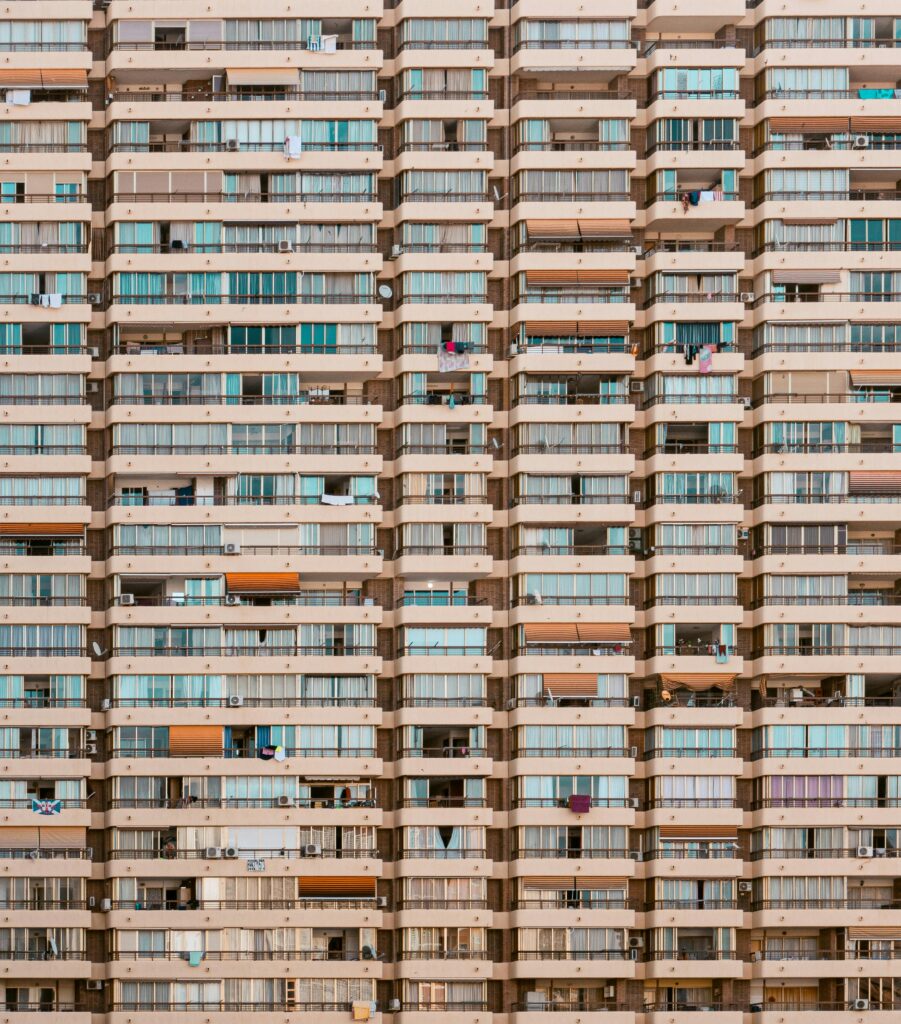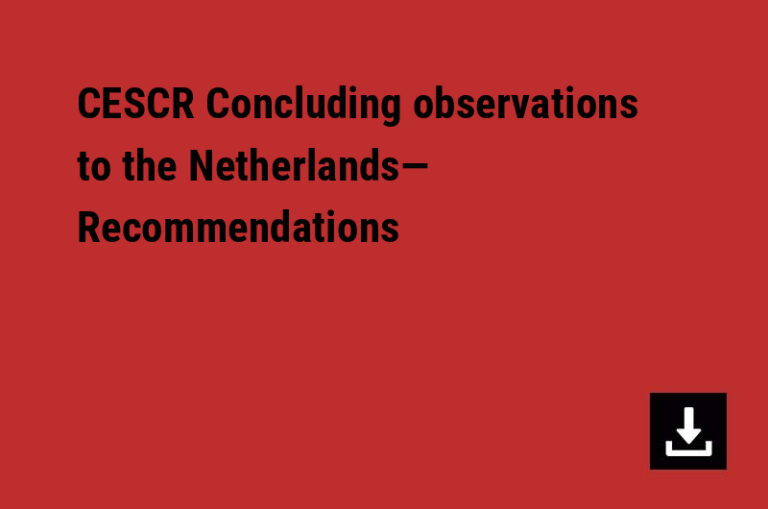October 6 marks Urban Crisis Response Day, a moment to examine not just how we respond to crises, but what questions guide our responses in the first place.
Cities worldwide face what leaders call a “housing crisis.” They have largely defined this crisis as a crisis of supply, rather than what it truly is: a crisis of values. The questions we ask determine the solutions we pursue, and currently, we’re asking the wrong questions entirely.
The Questions Capital Asks
The dominant question driving housing policy is: “How do we leverage private capital to build more housing?” But this framing immediately shifts the conversation to capital’s priorities. When pension funds invest in real estate speculation that displaces the very people those funds serve, the implicit question becomes: “How do we maximize returns?” When financial institutions that treat housing as a commodity receive support during financial strain while families face eviction, we’re asking: “How do we protect capital?”
The outcomes reveal these underlying questions. With global residential real estate worth $304 trillion (nearly three times global GDP), we’re asking how to grow markets, not how to house people. The wave of foreclosures and evictions worldwide reflects policies asking how to preserve investor confidence, not community stability.
When Wrong Questions Drive Destruction
Perhaps nowhere is this misalignment clearer than in how we treat existing housing. While promising to build for the future, we enable destruction that reveals our true priorities. Affordable housing gets demolished for luxury towers. Entire neighborhoods disappear for developments that promise community benefit while delivering displacement and exclusion.
Each destroyed building represents wasted embodied carbon emissions, lost community networks, and vanished affordability, yet decisions proceed based on profit potential alone. The construction sector accounts for 37% of global greenhouse gas emissions, but when we demolish and rebuild rather than preserve and retrofit, we’re asking “How do we generate economic activity?” instead of “How do we protect both communities and climate?”
Consider the math: UK studies show that building 300,000 houses per year in England would only cut house prices by a net value of 1% over 20 years. That marginal drop wouldn’t meaningfully improve accessibility for those most in need, provides no guarantee these prices will remain stable, and would consume the country’s entire carbon budget by 2050.
When cities conduct expensive sweeps of homeless encampments—spending $100 million in taxpayer dollars while homelessness increases—the question becomes “How do we make homelessness go away?” rather than “How do we actually house people?”
Nowhere is destruction being guided by the wrong questions more apparent than in Gaza, where we are witnessing the biggest humanitarian and climate catastrophe play out before our eyes. Despite the international community’s commitment to preventing and punishing war crimes and genocide, we are sitting by and watching it happen. The systematic obliteration of homes, schools, hospitals, and entire neighborhoods represents not just immediate tragedy but the erasure of centuries of culture and community, when every existing structure is precious climate infrastructure.
Reframing Through Human Rights
A human rights framework offers fundamentally different questions that lead to different outcomes. Instead of “How do we maximize returns?” it asks “How do we ensure everyone has a place to live in security and dignity?” Instead of “How do we appear to solve problems?” it asks “What do people actually need to thrive?”
This reframing reveals solutions hiding in plain sight. When we ask how to preserve affordability rather than generate profit, we see community land trusts that keep housing accessible across generations. When we ask how to strengthen communities rather than extract wealth, we see tenant protections that prevent displacement. When we ask how to honor both climate goals and housing needs, we see preservation and retrofit programs that recognize the greenest building is the one already built (when it remains accessible to those who need it).
The human rights framework doesn’t provide easy answers, but it ensures we’re asking questions that lead toward justice rather than extraction, community resilience rather than capital mobility, long-term flourishing rather than short-term profits.
This means holding complexity: supporting communities while engaging financial actors, developing climate resilience while preventing green gentrification, advocating for thoughtful development while protecting existing affordability.
Cities That Ask Better Questions
How we define crisis response shapes what cities become. The questions we ask today determine whether cities serve as engines of extraction or foundations for human flourishing. As journalist Adam Almeida asks: are cities open for business, or are they for sale? The distinction matters because it determines whether we’re asking questions that build community or grow capital.
The choice between asking these questions isn’t abstract: it’s made in budget meetings, zoning hearings, and investment decisions happening in cities worldwide. Urban Crisis Response Day reminds us that the questions we ask determine every solution that follows.
The framework for asking better questions already exists. The question now is whether we have the wisdom to use it and the courage to follow where it leads. The right questions are waiting to be asked.



